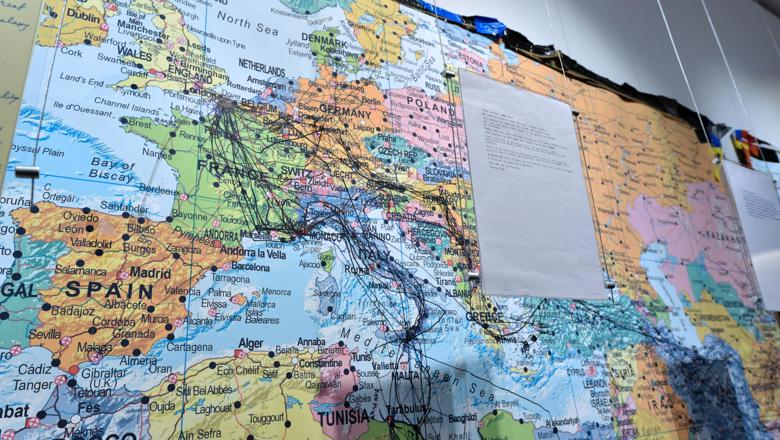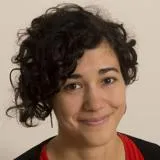In the UK, policies have criminalised asylum seekers arriving in the UK by small boats, making their claims inadmissible and threatening them with deportation. Newly-arrived asylum seekers are increasingly placed in camps such as repurposed military bases with unsafe housing conditions, inadequate healthcare, and limited access to basic services and local communities. We do not currently have a clear picture about how people can make a place for themselves while living and waiting in these camps, and how this influences their mental health and wellbeing, so we hope this study will create a solid evidence base to inform the development of future policies and practices.”
Dr Francesca Meloni
24 January 2024
New studentship offered to explore the role of 'placemaking' in asylum seekers' mental health
Applications are open until 18 February for a funded ESRC Studentship to examine the role of placemaking for asylum seekers’ mental health living in camps in the UK.

A new funded research studentship to examine the role of placemaking for asylum seekers’ mental health living in UK camps is being offered for the 2024-25 academic year.
The Economic and Social Research Council (ESRC) award will cover tuition fees (full time) for home (UK) students, a tax-free stipend of £18,062 p.a. for three years and research costs.
The studentship will support a study examining the role and importance of placemaking for asylum seekers’ mental health living in camps (i.e., contingency accommodation) in the UK. Focusing on asylum seekers’ lived experiences, it aims to analyse:
- How asylum seekers living in camps make a place for themselves
- How they perceive that the camp living conditions affect their everyday lives
- How they perceive that the camp living conditions affect their mental health and wellbeing
- What spaces, relationships, and services asylum seekers see as important for influencing their mental health and wellbeing.
The study will investigate these issues through an ethnography combining participant observation with narrative interviews and creative methods with asylum seekers and key stakeholders (e.g., health professionals; community organisers). The use of ethnographic and creative methods will enable an in-depth description of the complexity of asylum seekers’ everyday experiences and the relationships between placemaking and mental health.
Funding is available to cover the cost of UK home/domestic fees. Applications are now open and close February 18, 2024. Please visit the studentship page to find more information on the eligibility criteria and application process. For informal enquiries about the PhD project, please contact francesca.meloni@kcl.ac.uk. You can also find more about the LISS-DTP application process, liss-dtp@kcl.ac.uk.

